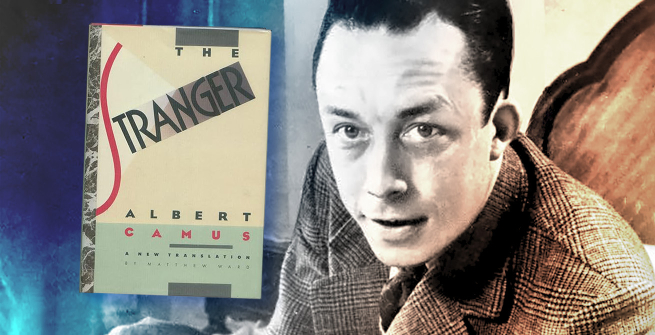November 7, 1913, is the birthdate of Albert Camus, one of the most important writers and philosophers of the 20th century.
Born in Algiers to an impoverished family, Camus rose from poverty with the help of a teacher to attend the University of Algiers. Camus spent the war years in Paris, where he was a member of the French Resistance and the editor of an underground newspaper, Combat.
Although he is often referred to as an Existentialist, the school of philosophy that examines existence and man’s search for possible meanings of life, Camus preferred the term Absurdist, the belief that reality is irrational and meaningless. His 1942 novel L’Estranger (The Stranger or The Outsider) conveyed Camus’ philosophy of the absurd and the alienation of modern life. The novelist won the Nobel Prize for literature in 1957, the second youngest winner, at age 44, of that prestigious award. Camus was also active in politics as a member of the left that opposed Joseph Stalin and the Soviet Union for their totalitarianism.
Camus was killed in an automobile accident in 1960. His final novel, The First Man—an autobiographical tale, was not published until the 1990s. The work of Camus is varied and takes years of study to fully grasp and appreciate. Here are some must-read Camus titles to read in honor of the writer’s birthdate.







